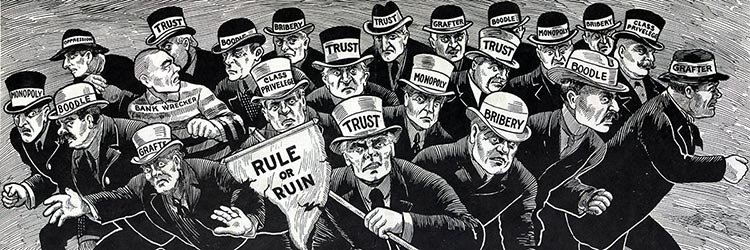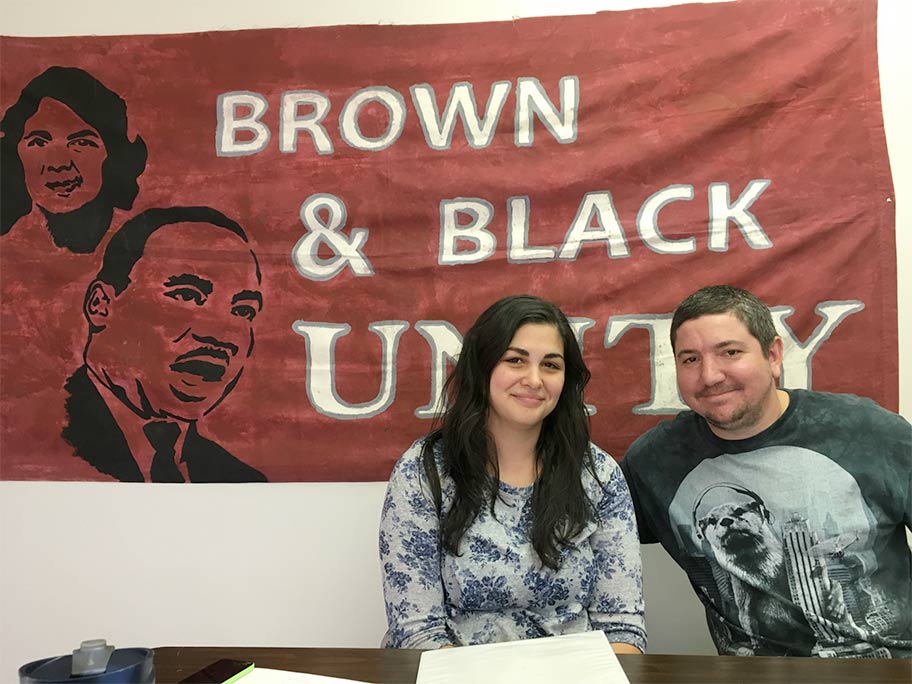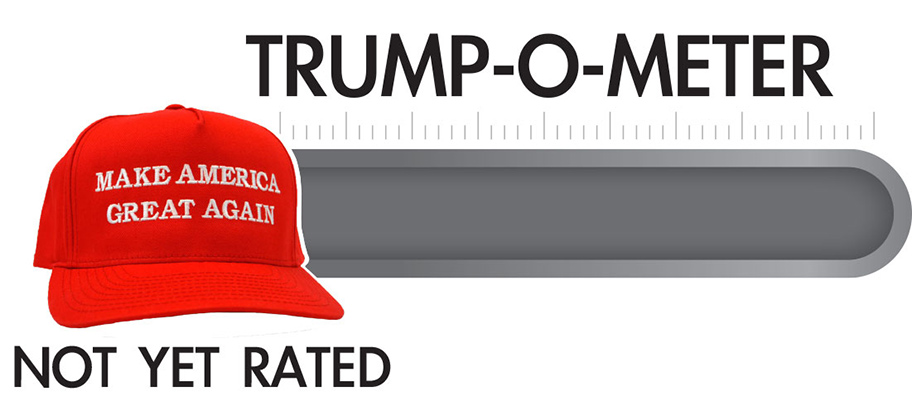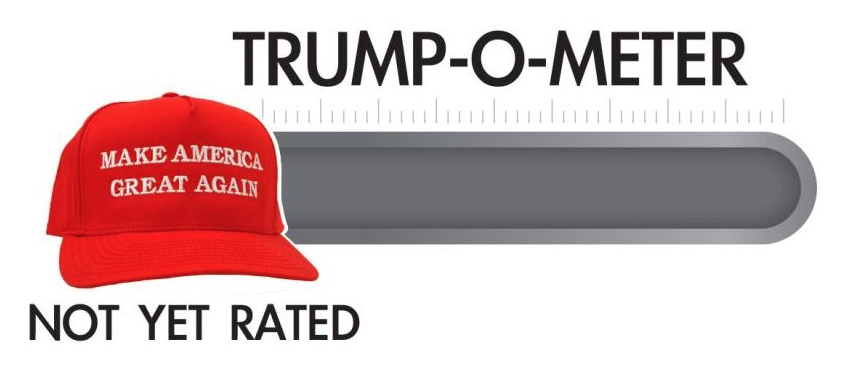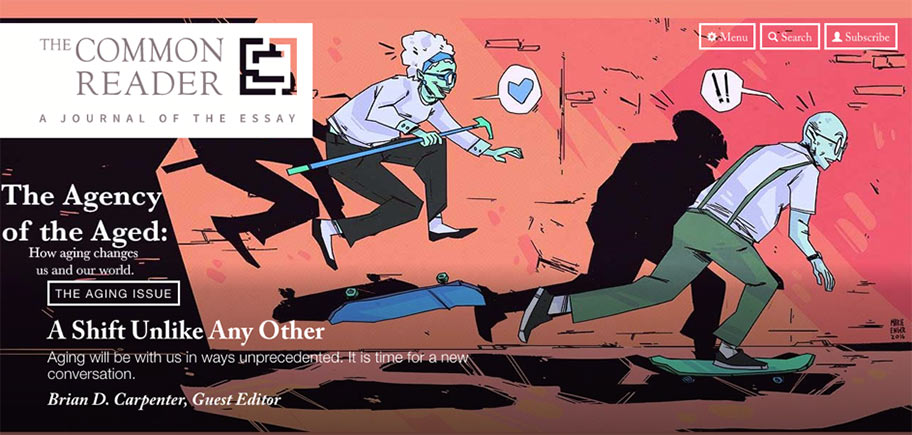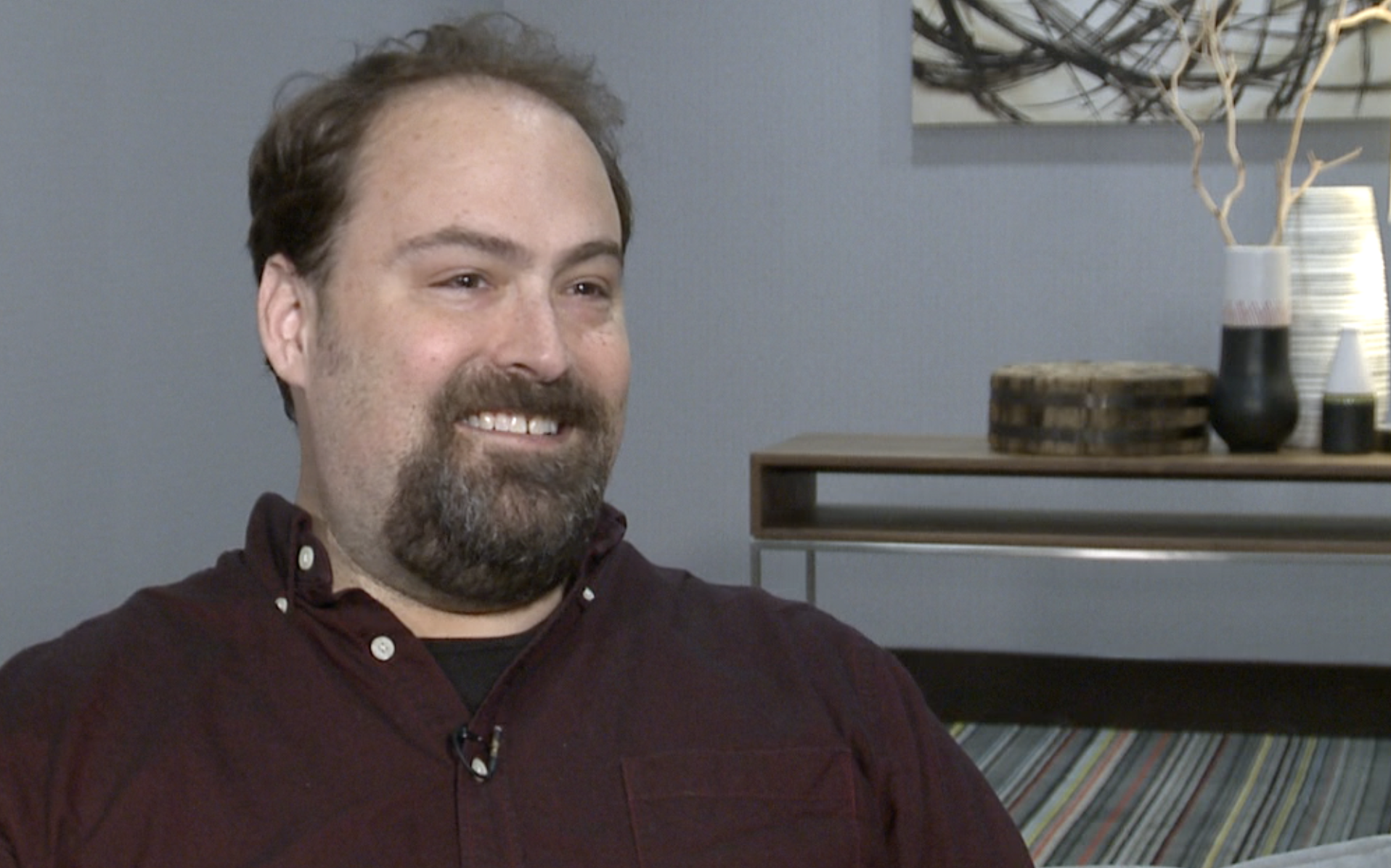
Reporting
True or false: PolitiFact, pols and pundits
Who in the news is lying? Who’s telling the truth? To find out I “scored” each person and group checked by PolitiFact.
Breaking News 4: When real news is fake
For this article I’m defining fake news as “news stories that have no factual basis but are presented as facts” (taken from “Social Media and Fake News in the 2016 Election”), whether a site’s goal is to make money or make partisan political points. Here are several ways real and fake news are the same. … Continued
Community sources of info for AL.com newsroom project include immigrant population
There is perhaps no more misunderstood and maligned community in Alabama than the state’s population of undocumented immigrants. Uncounted by definition, they’re still reeling from the negative impacts of the state’s H.B. 56. Passed in 2011, the law wreaked havoc on the immigrant community by imposing a host of draconian measures, from demanding that police … Continued
The Trump-O-Meter: PolitiFact today begins tracking 102 promises made by Donald Trump
Editor’s note: This story originally appeared on the website for PolitiFact, which has a 2016-2017 RJI Fellowship at the Donald W. Reynolds Journalism Institute. Executive Director Aaron Sharockman is the project leader for the fellowship.
Coming 2017: the Trump-O-Meter
Editor’s note: PolitiFact has a 2016-2017 RJI Fellowship at the Donald W. Reynolds Journalism Institute. Executive Director Aaron Sharockman is the project leader for the fellowship. This blog is reposted from politifact.com.
Hyperlocal: The promise of entrepreneurial journalism
Dutch graduate students visited four U.S. journalism startups between December 2015 and February 2016 to observe how these entrepreneurs “make it work” and, in the process, redefine what it means to be a journalist. Their work is part of Beyond Journalism, a study of entrepreneurial journalism by 2015-2016 RJI Fellows Tamara Witschge and Mark Deuze, both journalism professors in the Netherlands.
The Common Reader: A quirky corner on the internet
Dutch graduate students visited four U.S. journalism startups between December 2015 and February 2016 to observe how these entrepreneurs “make it work” and, in the process, redefine what it means to be a journalist. Their work is part of Beyond Journalism, a study of entrepreneurial journalism by 2015-2016 RJI Fellows Tamara Witschge and Mark Deuze, both journalism professors in the Netherlands.
Q&A with Andy Carvin: Building core values and a tight-knit team at Reported.ly
Andy Carvin was founder and editor of Reported.ly, a social media news operation that shut down Aug. 31, 2016, after its parent company, First Look Media, cut funding. In this edited transcript of our interview for the RJI Futures Lab update, Carvin explains Reported.ly’s core values and what made his team unique. He also talks … Continued
FL#170: Lessons from Reported.ly
Lessons from Reported.ly For 20 months, Reported.ly adopted a grassroots approach to telling stories by sourcing from social media to get perspectives from people around the world. But on Aug. 31, Reported.ly was shuttered after its parent company, First Look Media, pulled its funding. We spoke with Reported.ly founder and editor Andy Carvin about what … Continued
FL#169: Building a 360 toolkit
Building a 360-degree toolkit Journalists are routinely using virtual reality and 360 video to put viewers in places they wouldn’t otherwise be. But for smaller newsrooms with modest budgets, 360-degree video can seem out of reach. Shaheryar Popalzai, a Knight International Journalism Fellow, says building a 360 video toolkit is easier and cheaper than you … Continued
